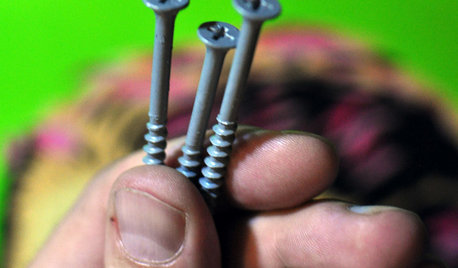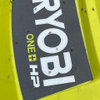Torque Ratings
mowernut
11 years ago
Related Stories

PAINTING10 Rules for Your Next Painting Project
Take your next painting journey from ‘argh!’ to ‘ta-da!’ with these designer tricks
Full Story
DIY PROJECTSThe Taming of the Screw
Learn the different types and uses of screws to pick the right kind for your next DIY or home improvement project
Full Story
FURNITUREAim High: What to Know About Adding a Library Ladder
Have books or shelves out of reach? Here’s how to get a library ladder that works just right for your needs
Full StoryMore Discussions







bill_kapaun
Brandon Smith
Related Professionals
Tempe Landscape Architects & Landscape Designers · Cottonwood Landscape Architects & Landscape Designers · Hershey Landscape Architects & Landscape Designers · Kapaa Landscape Architects & Landscape Designers · West Chester Landscape Architects & Landscape Designers · Berkley Landscape Contractors · Coram Landscape Contractors · Hendersonville Landscape Contractors · Mercedes Landscape Contractors · Paso Robles Landscape Contractors · Rockland Landscape Contractors · San Antonio Landscape Contractors · Tewksbury Landscape Contractors · West Covina Landscape Contractors · Addison Carpentersbill_kapaun
mowernutOriginal Author
bill_kapaun
rcmoser
riotgrip
bill_kapaun
Brandon Smith